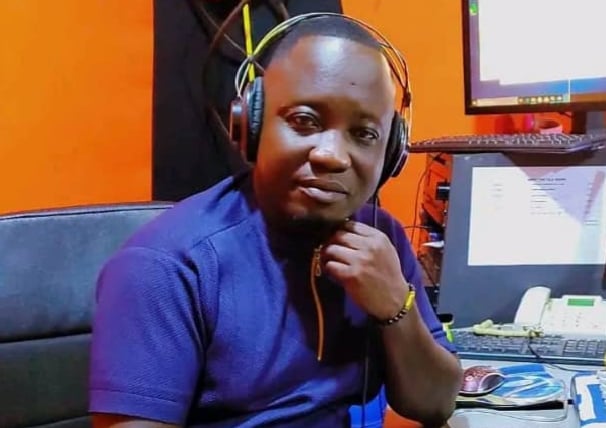The New Patriotic Party (NPP) stands at a critical juncture, reeling from its 2024 election defeat and facing a crucial leadership transition. With presidential primaries scheduled for January 2026, the party must carefully consider its path forward to regain its footing and prepare for the 2028 elections. Veteran journalist Kwaku Dawood, also known as “President Kaunda,” has proposed a novel approach to candidate selection: a series of debates among the flagbearer hopefuls. This, he argues, would provide a more insightful and substantive basis for delegate decision-making, moving beyond the traditional reliance on rallies, endorsements, and displays of political muscle.
Dawood’s call for debates stems from his observation that past internal campaigns have often devolved into acrimonious exchanges, marked by accusations and counter-accusations. This not only damages the party’s image but also sows discord among its ranks, potentially hindering its ability to present a united front in the next general election. A structured debate format, he believes, would elevate the discourse, focusing on policy positions, leadership qualities, and the candidates’ vision for the party and the nation. This would offer delegates a clearer understanding of each contender’s strengths and weaknesses, allowing them to make a more informed choice.
The proposed debates would offer a platform for the aspirants to showcase their intellectual capacity, emotional intelligence, and preparedness to lead. This goes beyond the superficial aspects of campaigning, delving into the candidates’ ability to articulate their ideas, respond to challenging questions, and demonstrate their grasp of complex issues. Such a rigorous vetting process would not only benefit the delegates but also prepare the eventual flagbearer for the scrutiny of national debates in the run-up to the 2028 elections.
Dawood’s recommendation is rooted in his extensive experience as a political commentator and observer. He points to the potential for debates to mitigate the personal attacks that often characterize internal campaigns, fostering a more respectful and constructive environment. He believes that a transparent and structured debate series would enhance the credibility of the selection process, demonstrating the party’s commitment to democratic principles and its willingness to embrace new approaches.
The NPP’s leading contenders, including Dr. Mahamudu Bawumia, Kennedy Agyapong, Dr. Yaw Osei Adutwum, and Dr. Bryan Acheampong, have already commenced their campaigns, employing the familiar tactics of rallies, endorsements, and power demonstrations. While these methods have their place, Dawood argues they are insufficient to equip the party for the challenges ahead. He emphasizes the need for a deeper engagement with the candidates’ ideas and visions, enabling delegates to make a choice based on substance rather than superficial displays.
The call for debates presents a significant test for the NPP. It represents an opportunity for the party to demonstrate its commitment to internal reform and its willingness to move beyond traditional political maneuvering. By embracing this innovative approach, the NPP could emerge from its current challenges stronger and more united, ready to mount a formidable challenge in the 2028 elections. The decision on whether to adopt the debate format will be a telling indicator of the party’s willingness to adapt and evolve. It could very well determine whether the NPP enters the next electoral cycle with a renewed sense of purpose and a clear vision for the future, or continues to rely on methods that may no longer be adequate in the changing political landscape. The stakes are high, and the party’s response to this call for reform will have far-reaching implications.














